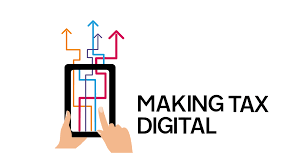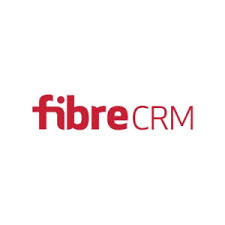Making Tax Digital: What Accounting Firms Need to Know

The digital transformation of UK tax reporting is no longer a future prospect. Making Tax Digital is actively reshaping the way accounting firms operate, manage clients, and compete in a rapidly evolving market. Approximately 2.9 million UK businesses are expected to adopt Making Tax Digital for Income Tax. This represents roughly 42% of all businesses and will occur over the next several years. The rollout will begin with individuals and businesses earning over £50,000 in 2026. It will then expand to those earning between £30,000 and £50,000 in 2027. Finally, it will include those earning between £20,000 and £30,000 by 2028. Firms that embrace this change now can reduce administrative errors, improve operational efficiency, and strengthen client relationships through proactive advisory services. Those that delay risk falling behind as clients demand faster, more accurate reporting and digital fluency becomes the norm. Analysts estimate that fully digitised practices could save hundreds of hours annually in bookkeeping. These practices could also save time in compliance, giving early adopters a competitive advantage.
Below is a checklist presented as a practical guide and framework for strategy for accounting firms preparing for Making Tax Digital:
- Map client exposure
- Identify which clients are already in scope and which will be affected in upcoming rollout phases.
- From 2026, those with income above £50,000 will join. By 2027, those earning £30,000–£50,000. By 2028, £20,000–£30,000.
- This helps prioritise onboarding and allocate resources efficiently.
- Modernise technology
- Ensure accounting and bookkeeping software is Making Tax Digital compatible.
- Use systems that support automation, real-time reporting, and cloud collaboration.
- Avoid outdated or partial integrations that create errors or inefficiency.
- Train and test internally
- Provide comprehensive staff training across all levels.
- Run pilot clients to stress-test new workflows and software.
- Identify bottlenecks and adjust processes before full-scale adoption.
- Communicate and support clients
- Launch awareness campaigns through newsletters, webinars, and one-to-one sessions.
- Frame Making Tax Digital as an efficiency and advisory opportunity, not just a compliance requirement.
- Provide practical examples and guidance to help clients transition smoothly.
- Reengineer workflows
- Automate data capture using APIs, bank feeds, or cloud-based tools.
- Minimise duplication and ensure single-point data entry.
- Streamline processes to free up staff for advisory work.
- Monitor deadlines and compliance
- Maintain a central calendar for all reporting obligations.
- Automate reminders for staff and clients.
- Focus on clients with a history of late filing to reduce risk.
- Treat MTD as an opportunity
- Shift focus from manual compliance to higher-value advisory services.
- Leverage digital tools to enhance client insights and strengthen relationships.
- Early adoption positions firms competitively in a market moving toward digital efficiency.
Seizing the digital moment with Making Tax Digital
Making Tax Digital represents a major structural shift for UK accounting firms. The initiative is not just a compliance requirement but a catalyst for operational transformation. Estimates suggest that firms adopting Making Tax Digital compliant technology can reduce bookkeeping time significantly. They may save up to 40 hours per year. This enables staff to focus on client advisory and strategic insights. Over the next three years, millions of businesses will enter the digital reporting framework. Firms that fail to modernise risk inefficiency. They may also face client dissatisfaction and competitive disadvantage. Early adoption allows firms to standardise workflows, enhance security, improve accuracy, and deliver real-time insights to clients. In this digital age, proficiency is increasingly linked to credibility. Firms that support clients seamlessly through Making Tax Digital will thrive. Those that embrace the change decisively will not only comply with regulations but they will also strengthen client trust. They will unlock advisory opportunities. They will future-proof their practices in a fully digitised accounting landscape.





